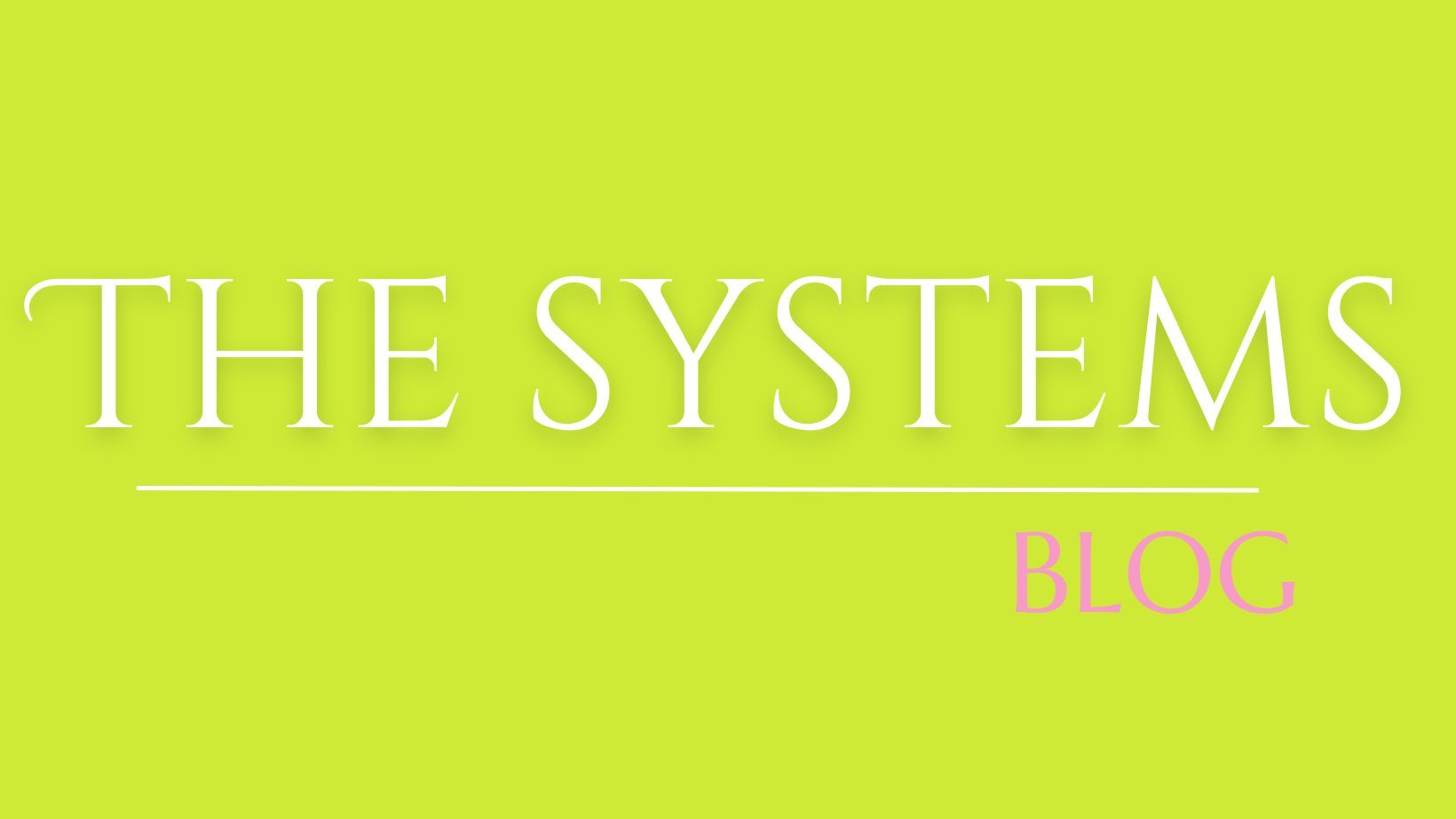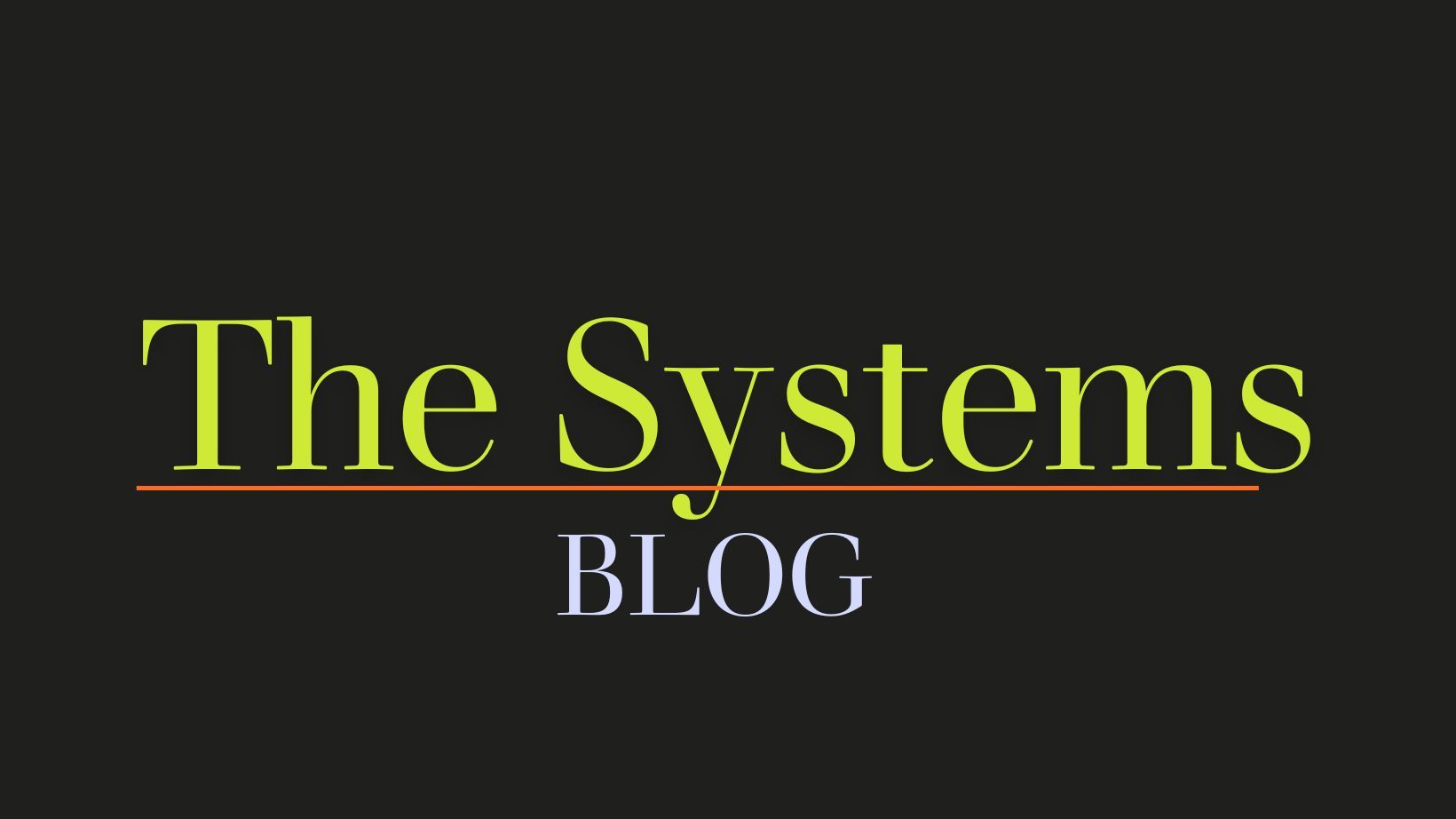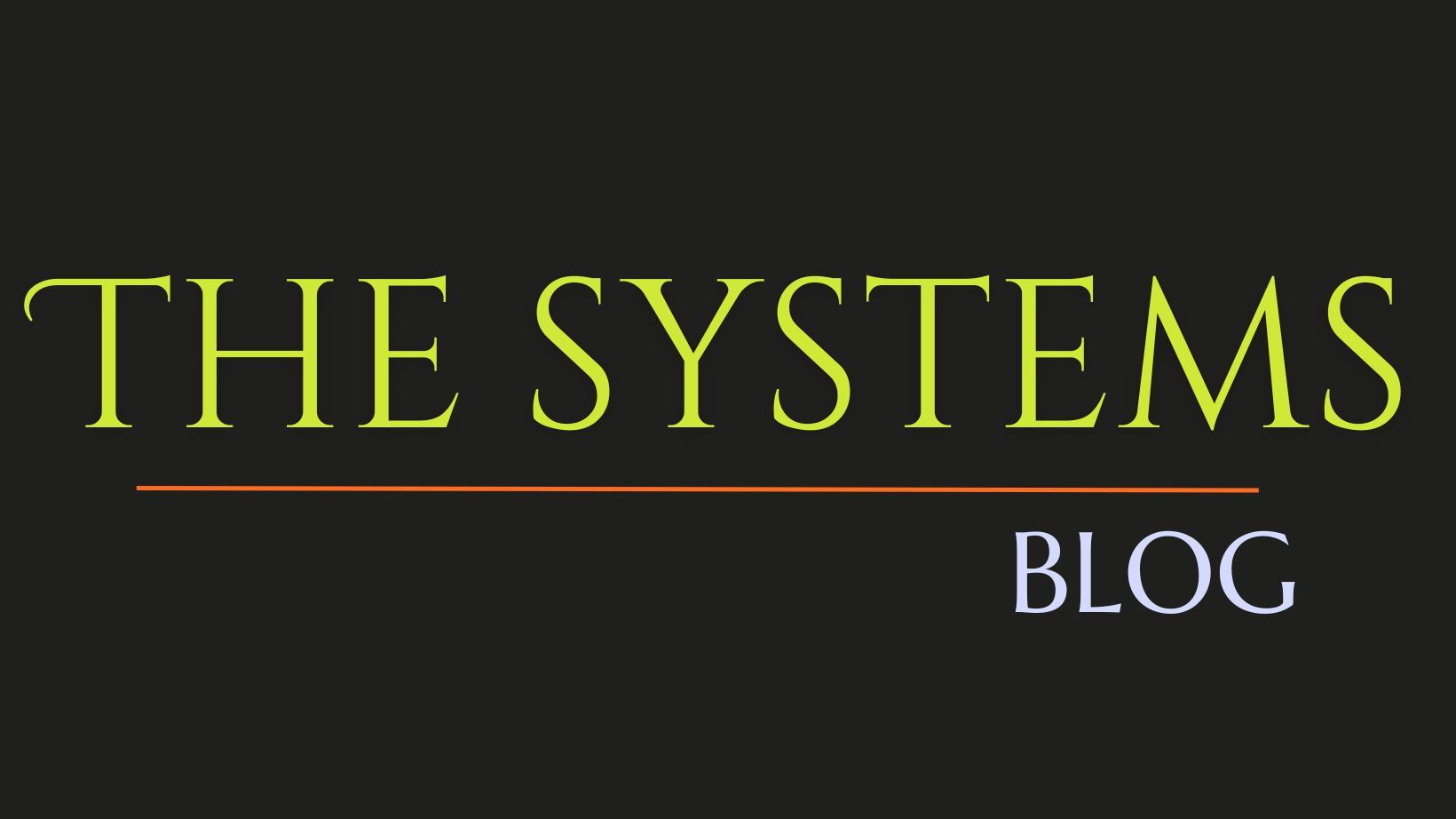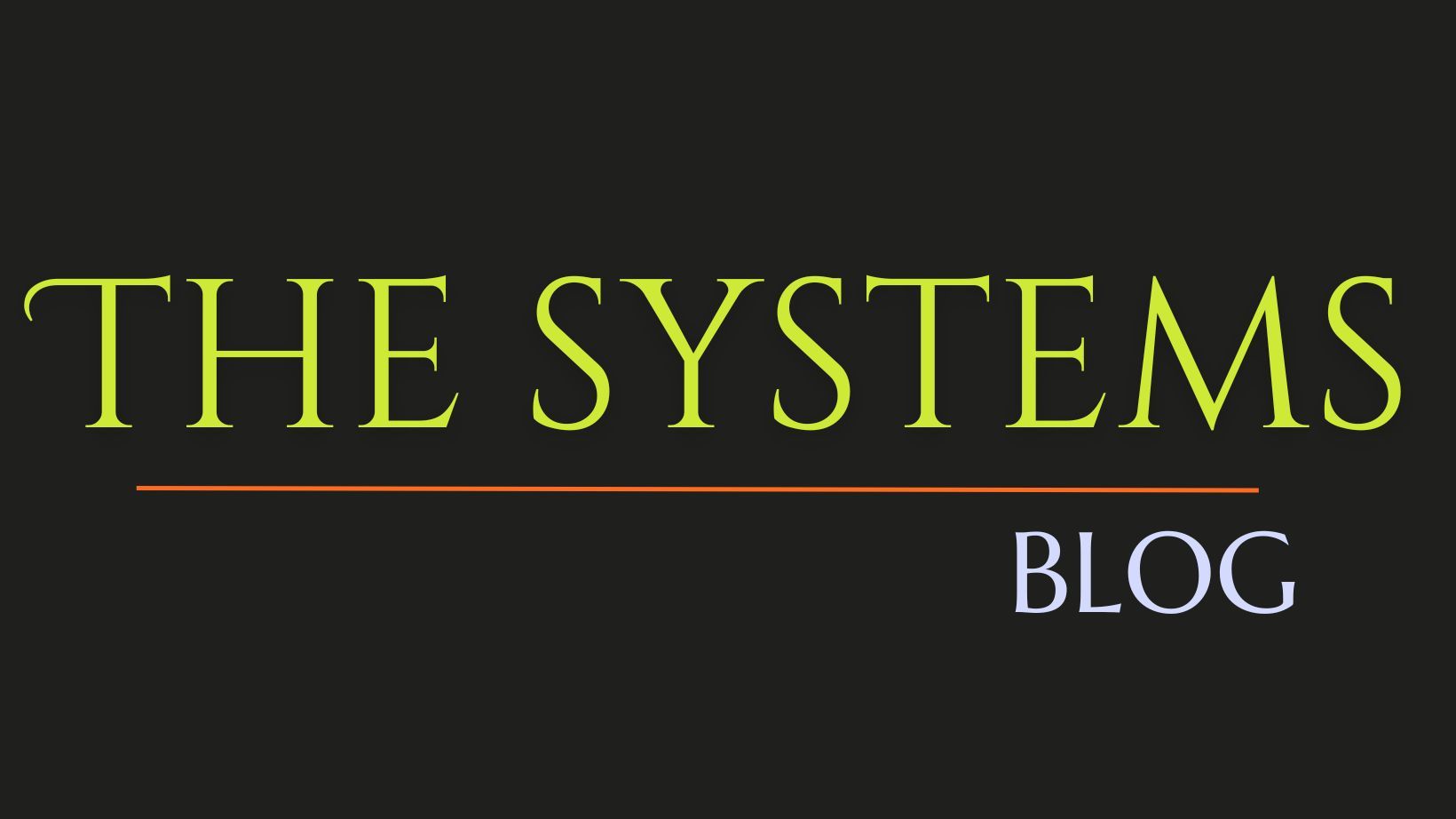Embracing Imperfection: The Power of 'Done' Over 'Perfect
Feb 02, 2025
In our pursuit of excellence, we often fall into the trap of perfectionism, believing that every task must be executed flawlessly. However, this mindset can hinder progress and stifle creativity. Embracing the philosophy that "done is better than perfect" allows us to complete tasks efficiently and opens the door to continuous improvement.
The Pitfalls of Perfectionism
Perfectionism can lead to procrastination, as the fear of not achieving an ideal outcome may prevent us from taking action. This delay not only hampers productivity but also increases stress and diminishes satisfaction. By insisting on perfection, we risk missing opportunities for growth and learning that come from completing tasks and receiving feedback.
The 80/20 Rule: Focusing on What Matters
The Pareto Principle, commonly known as the 80/20 rule, suggests that approximately 80% of results come from 20% of efforts. In the context of productivity, this means that a significant portion of our achievements stems from a relatively small fraction of our activities. By identifying and concentrating on these high-impact tasks, we can maximize efficiency and effectiveness.
Embracing 'Good Enough'
Adopting a mindset that values completion over perfection involves recognizing when a task has reached a level of quality that is sufficient for its purpose. This doesn't mean settling for mediocrity but rather understanding that additional time and effort may yield diminishing returns. By accepting "good enough," we can move forward, gather feedback, and make iterative improvements.
The Power of Iteration
Completing tasks and releasing them into the world provide valuable opportunities for feedback. This input allows us to refine our work based on real-world responses rather than hypothetical ideals. Through continuous iteration, we can enhance our output over time, leading to better results than if we had waited for perfection before sharing our work.
Practical Steps to Overcome Perfectionism
-
Set Realistic Goals: Define clear objectives that are attainable and time-bound, focusing on progress rather than flawlessness.
-
Prioritize Tasks: Identify tasks that have the most significant impact and allocate your resources accordingly.
-
Embrace Deadlines: Use deadlines to create a sense of urgency that encourages completion over endless refinement.
-
Seek Feedback Early: Share your work in its draft stages to gain insights that can guide improvements.
-
Reflect and Iterate: After completing a task, assess what worked and what didn't, and apply these lessons to future projects.
Conclusion
Letting go of perfectionism empowers us to take action, learn from our experiences, and achieve meaningful progress. By embracing the concept that "done is better than perfect" and applying the 80/20 rule, we can focus on what truly matters, enhance our productivity, and foster a cycle of continuous improvement.

Title of Your Awesome Resource
Lorem ipsum dolor sit amet, metus at rhoncus dapibus, habitasse vitae cubilia odio sed.






